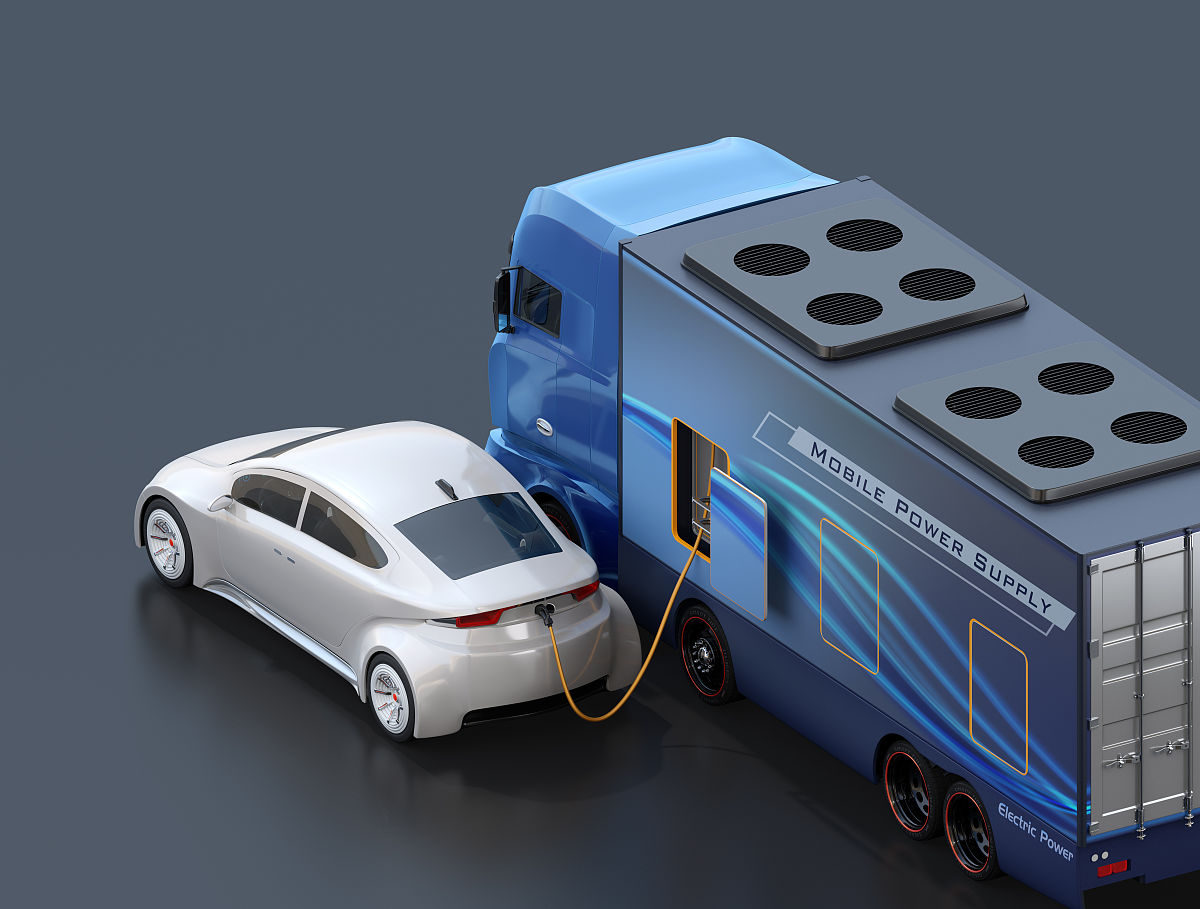Decarbonization Pathways in the Transportation Sector: Electric Vehicles, Materials Innovation, and Digital Solutions
Accenture has partnered with industry peers to conduct comprehensive analysis and research on decarbonization pathways across various sectors worldwide. The power, transportation, industrial, and construction sectors collectively account for over 80% of global carbon emissions, with the power and industrial sectors being the primary areas for emissions reduction, expected to achieve 60% of the overall reduction target. The transportation sector is the third-largest contributor to emissions, with the main source being automobiles powered by gasoline or diesel. The core initiatives for emissions reduction in the transportation sector include the use of low-carbon and recyclable materials in automobile manufacturing and the adoption of electric vehicles, which are expected to account for around 60% of total car sales in China, the EU, and the US by 2030.
The mass adoption of electric vehicles, particularly in China, is a crucial element in achieving carbon reduction in the transportation sector. The development of power batteries is the most significant value creator for carbon reduction in this industry. However, the recycling, reuse, and safe disposal of batteries are essential for the effective implementation of carbon reduction targets. End-to-end solutions for battery life cycle management are necessary to ensure the validity and completeness of carbon reduction goals.
Carbon reduction in the automotive industry involves reducing emissions in the production process and using low-carbon components in vehicles. Unlike the power industry, which produces around 90% of its emissions during production, emissions from the production process in the automotive industry account for less than 40% of the overall carbon footprint. Carbon reduction initiatives in the automotive industry need to focus on the entire life cycle of the vehicle and consider the five critical stages of the industry chain: procurement, production, sales, usage, and end-of-life disposal. The use of innovative, low-carbon, recyclable, and safe materials, such as plastics, rubber, and composites, in the automotive industry is vital for achieving comprehensive carbon reduction goals.
Efficiency in the transportation process, such as freight logistics, empty travel, and travel efficiency, is also crucial for carbon reduction in the transportation industry. Digital platforms, particularly intelligent transportation systems, play a significant role in improving efficiency and promoting low-carbon value creation. These platforms also support supply chain planning and efficiency, providing continuous improvement opportunities for carbon reduction through AI technology.

原文地址: https://www.cveoy.top/t/topic/oUvc 著作权归作者所有。请勿转载和采集!